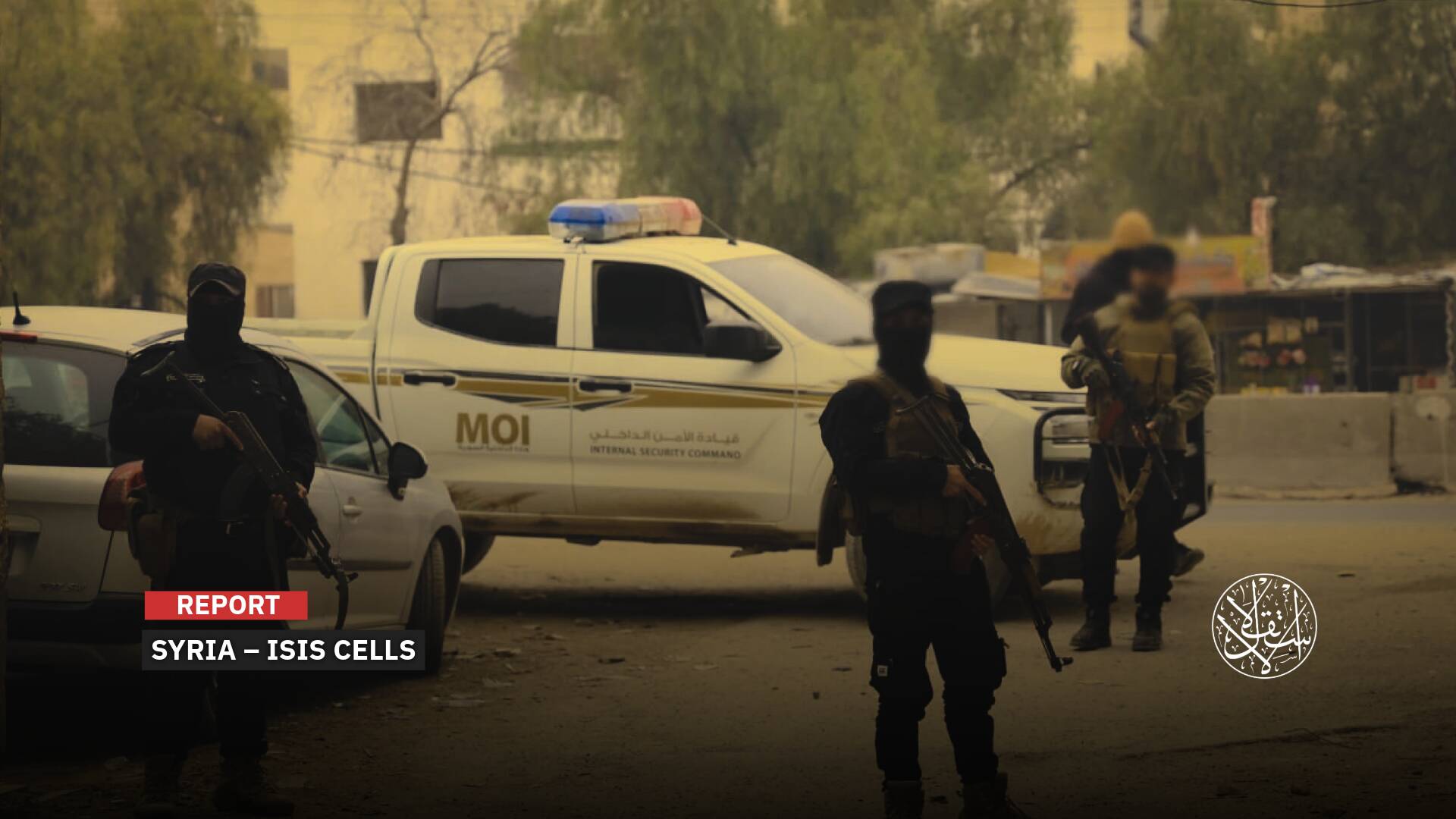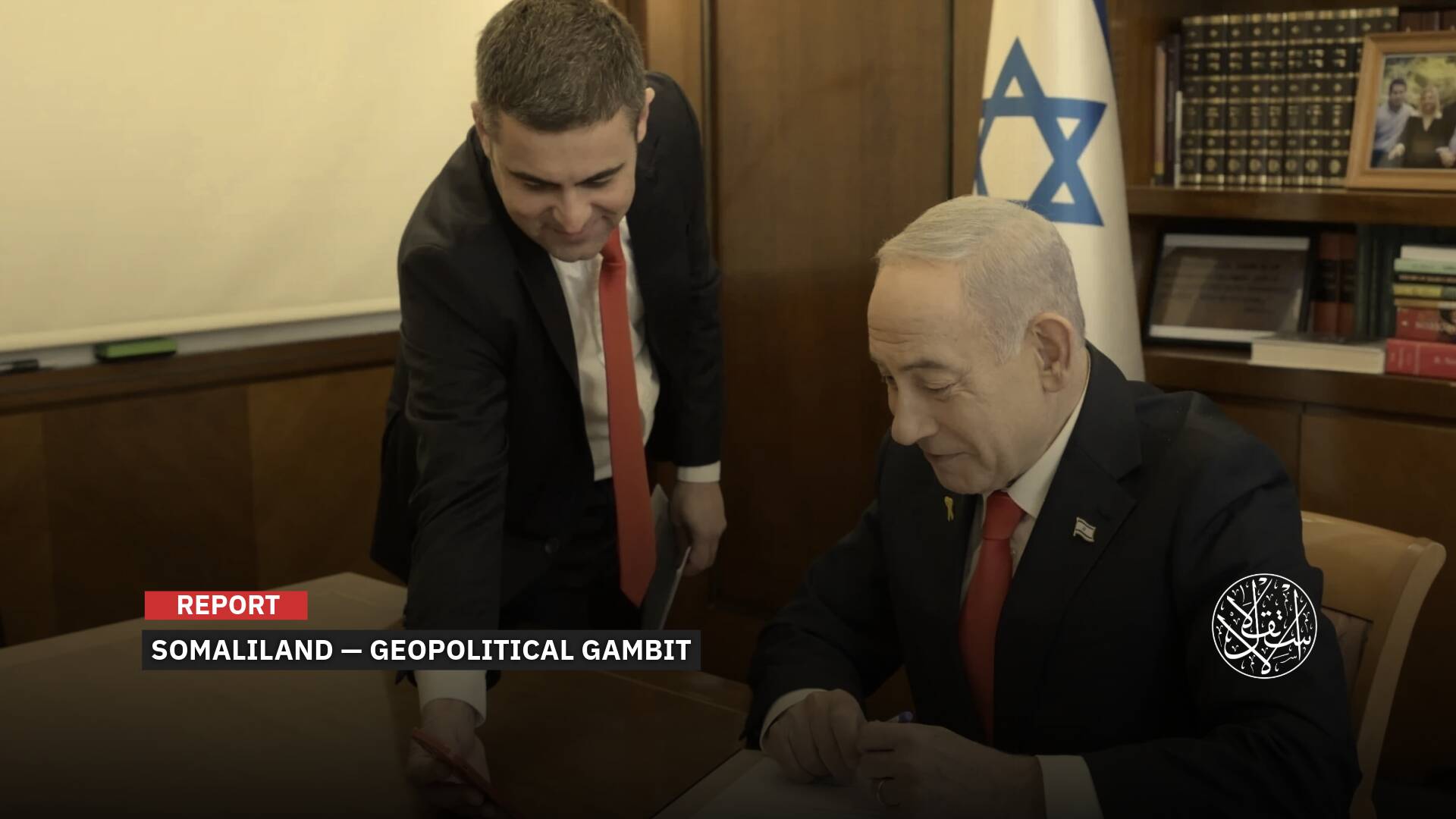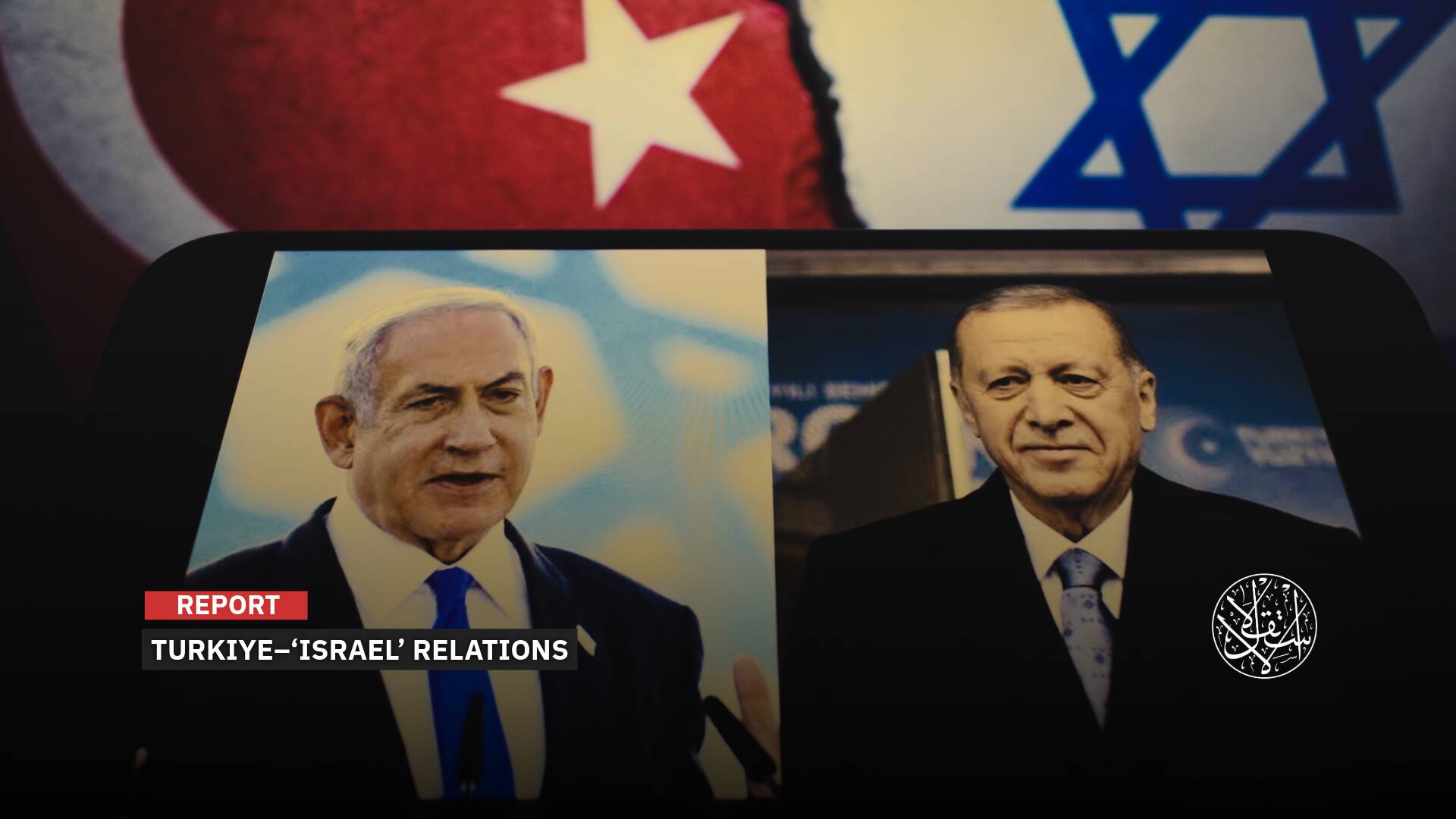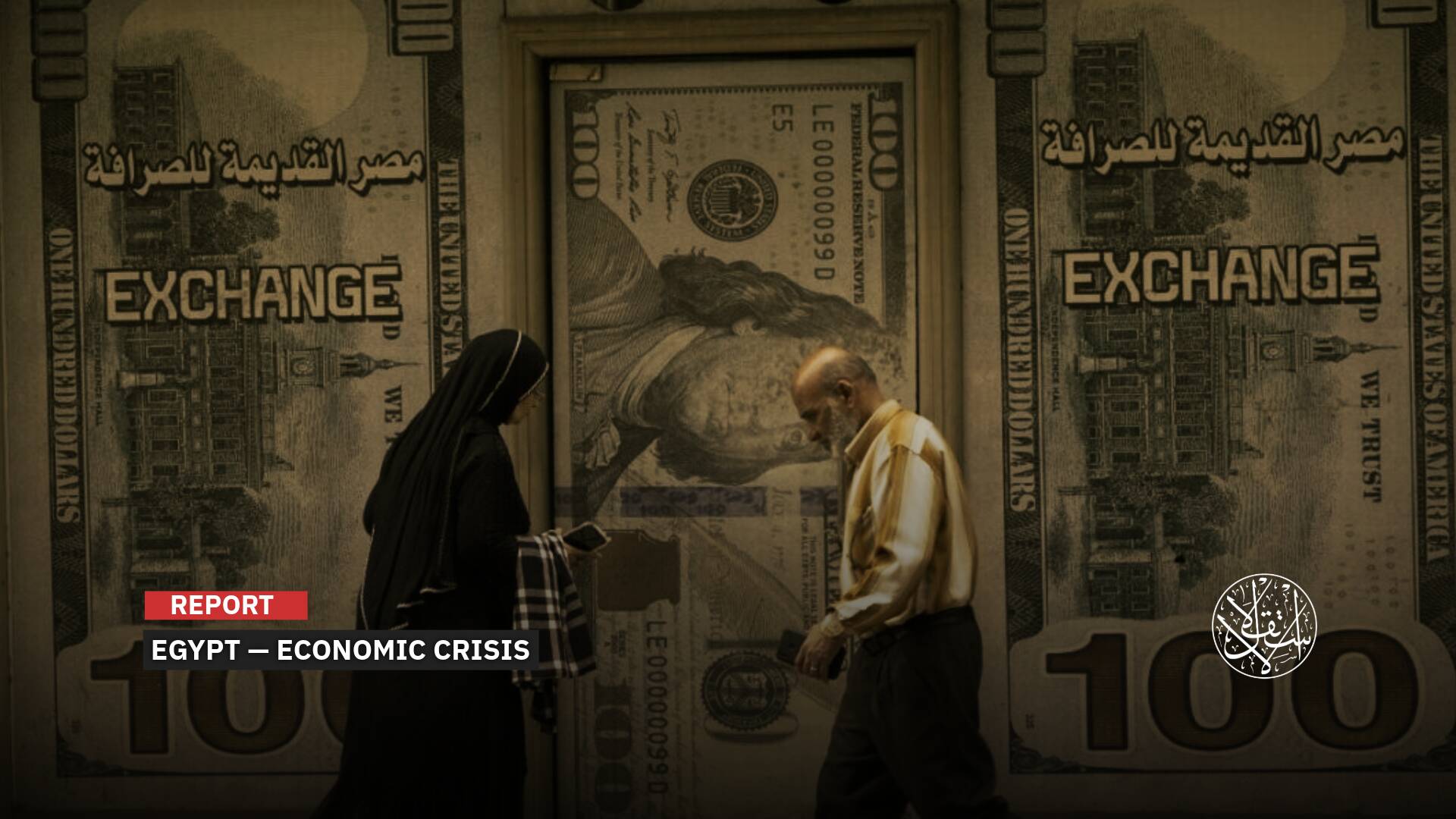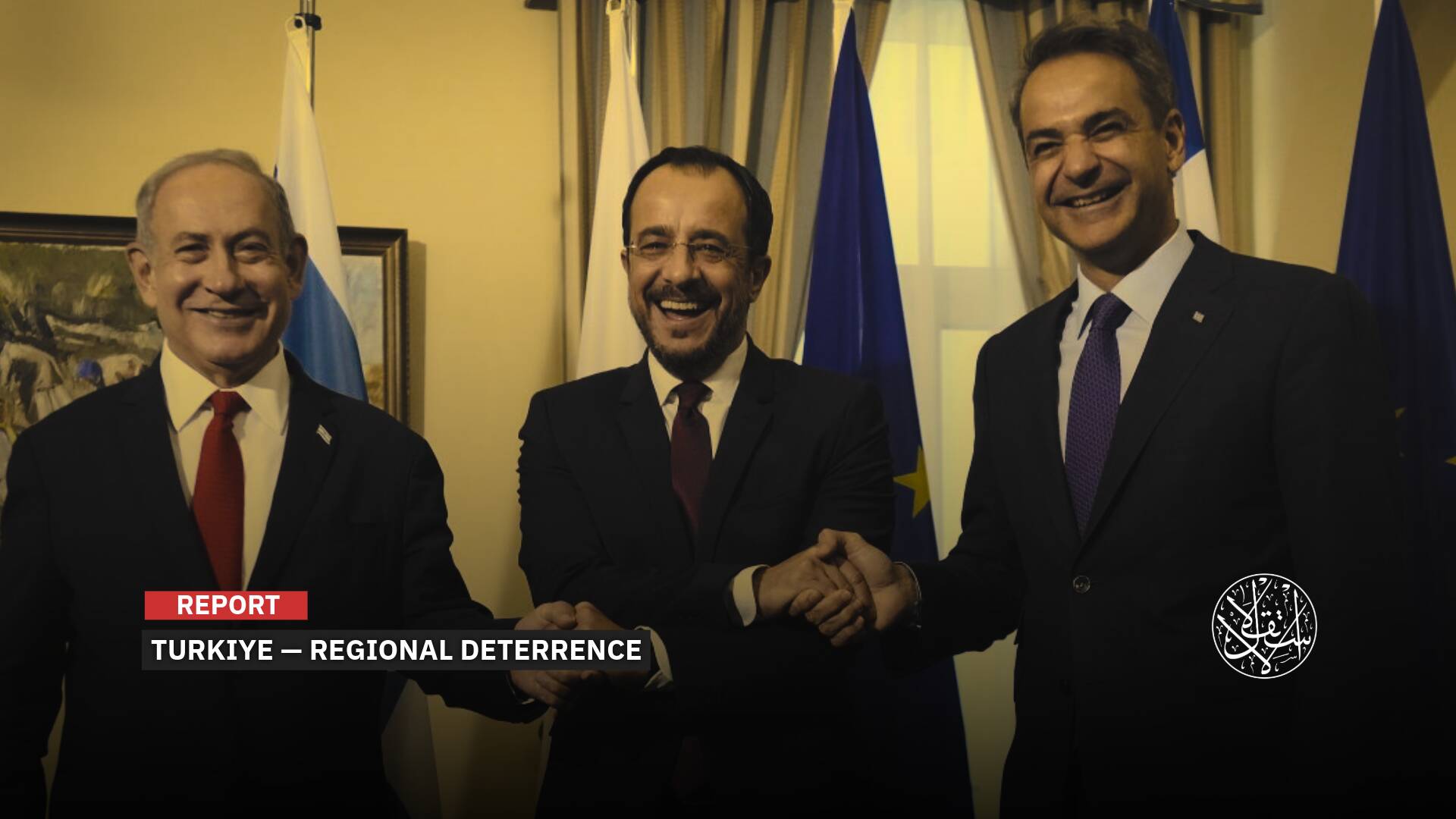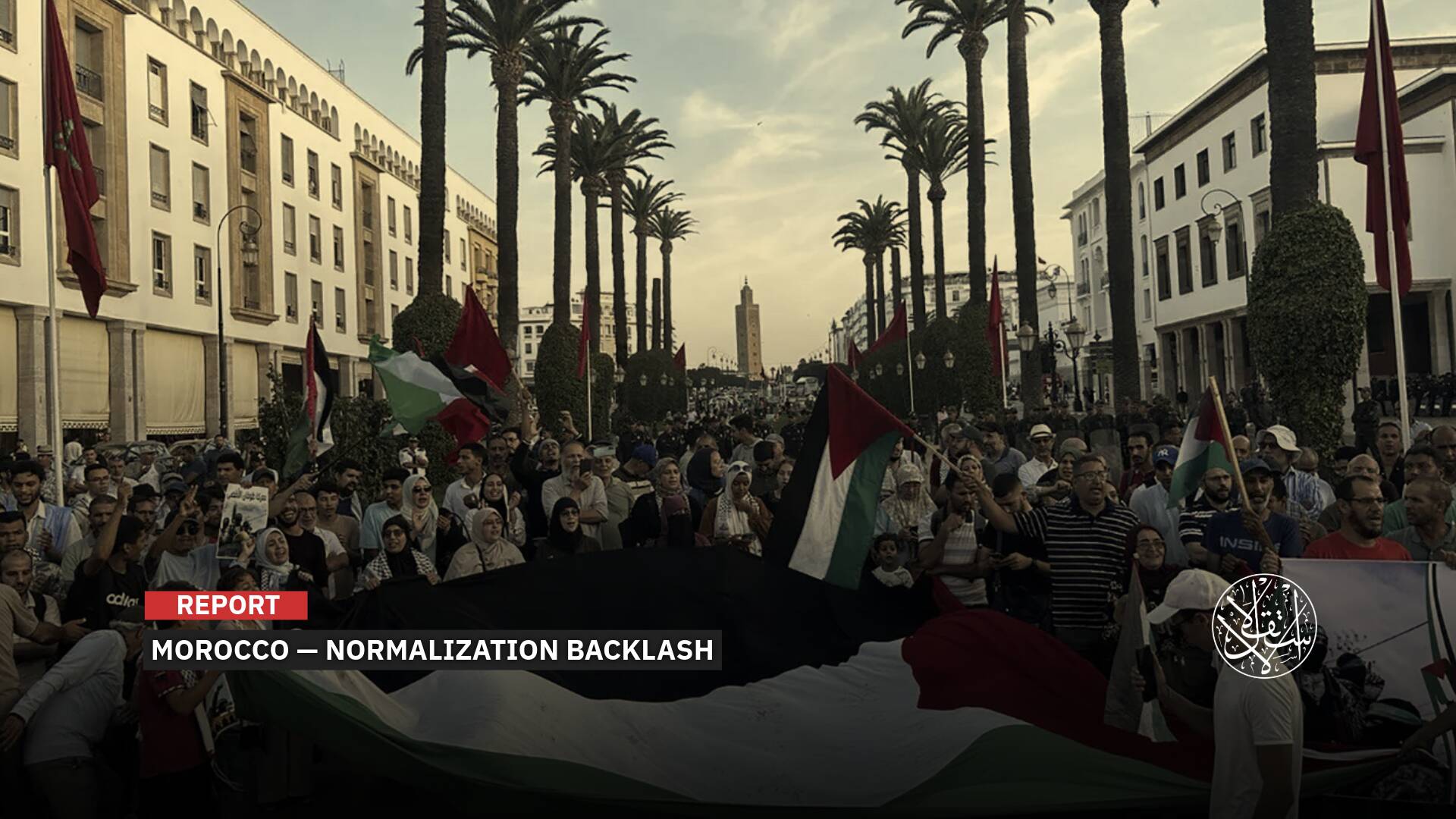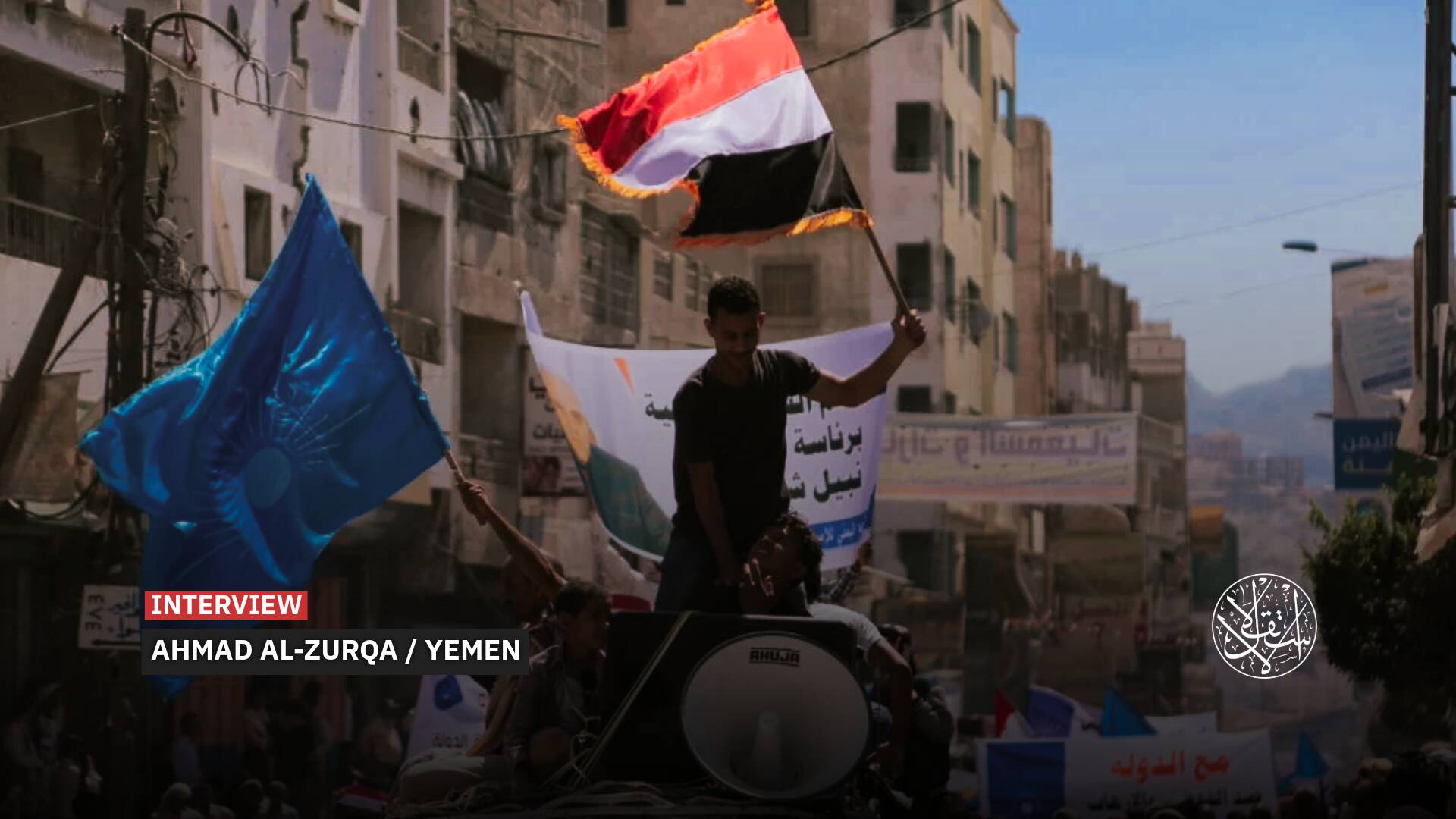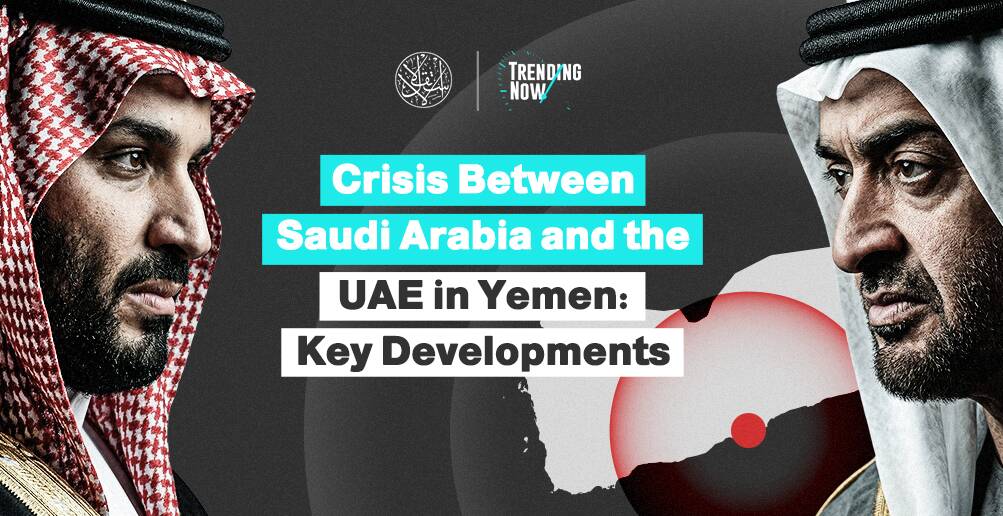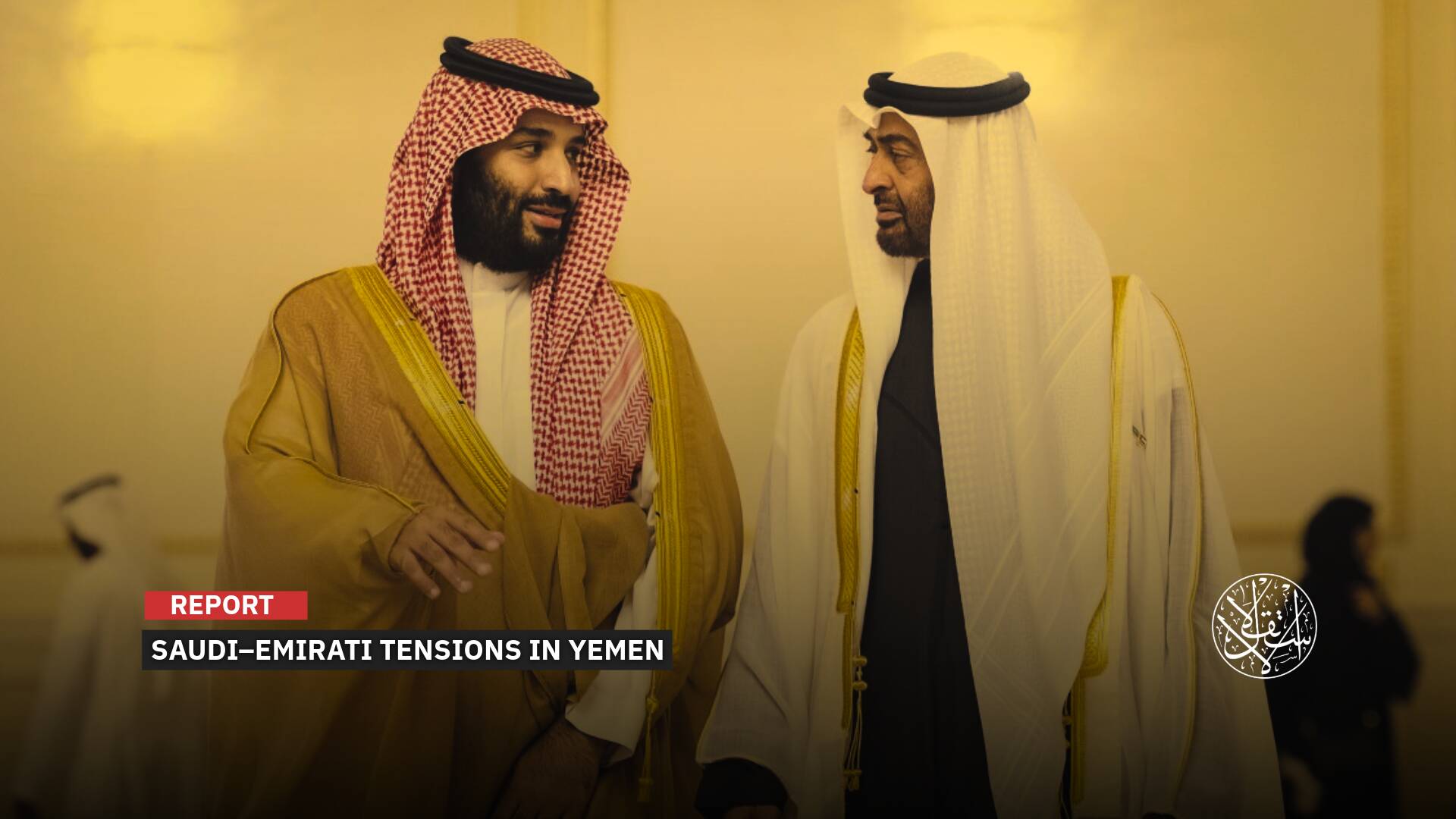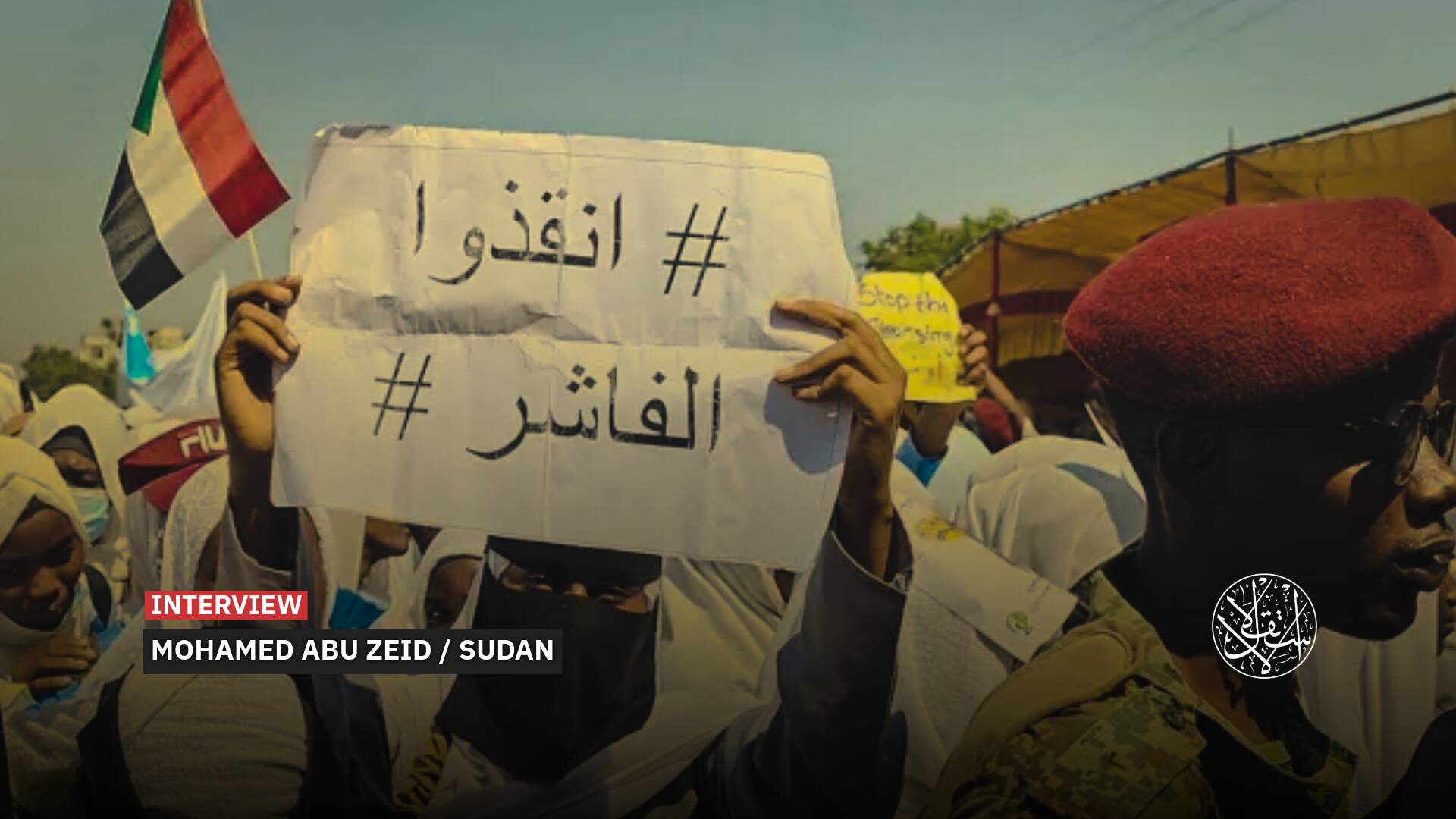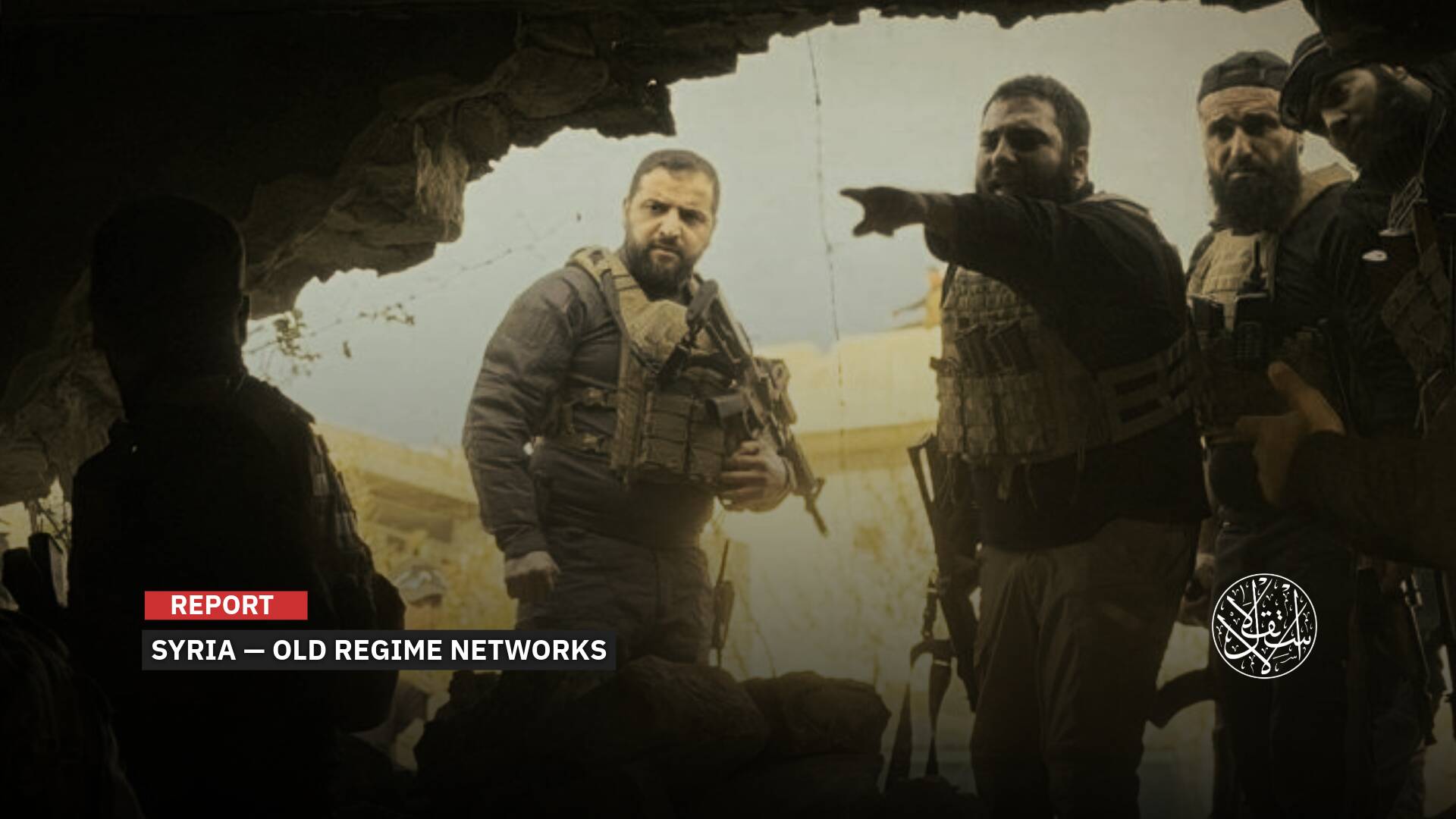Between the Urmia Protests and Ekrem Imamoglu: How Are Turkiye-Iran Relations Affected?

The protests in both Turkiye and Urmia are not expected to have a major regional impact.
Bilateral policies and regional developments continue to shape Turkiye-Iran relations, alternately easing tensions or fueling discord. Historically, however, these relations have been built on rivalry.
This growing rivalry between the two nations is reflected in the narratives pushed by their respective media outlets. Iranian media, in particular, adopts a far more confrontational tone toward Turkiye than vice versa, framing this approach as a necessity of the Islamic Revolution and a means of protecting regional interests.
Recently, this hostility has intensified, with Iranian media escalating its adversarial rhetoric against Turkiye. Several key developments have contributed to this trend.
The first major factor was the fall of Bashar al-Assad’s regime in Syria. Iranian leaders, including Supreme Leader Ayatollah Ali Khamenei, accused the United States, “Israel,” and Turkiye of orchestrating Assad’s downfall. These accusations further soured Iranian media coverage of Turkiye, leading to increasingly hostile reporting.
The second trigger was the launch of TRT’s Persian-language broadcast. Iranian media viewed this move as part of President Recep Tayyip Erdogan’s strategy to influence Iranian public opinion and extend his reach to Persian-speaking nations. In response, Iranian outlets ramped up negative coverage of Turkiye, reinforcing their antagonistic stance.
Despite Iran’s state-run news agencies—IRNA, Tasnim, and Fars—operating Turkish-language services, their presence has not been met with a similarly aggressive counter-effort from Turkish media.
The Iranian press’s adversarial approach was evident in its coverage of Istanbul Mayor Ekrem Imamoglu’s recent arrest. Rather than maintaining an objective stance, Iranian media amplified opposition claims and framed the incident as part of a broader crackdown.
Iranian Media’s Portrayal of Ekrem Imamoglu
Iranian media closely followed Imamoglu’s arrest and the ensuing protests. The country’s state-run English-language broadcaster—recently launched in Turkish as a countermeasure to TRT’s Persian service—focused heavily on clashes between protesters and police, seeking to portray Turkiye as a nation in turmoil.
This escalating media war underscores the broader geopolitical tensions between Ankara and Tehran, as competition over influence in the region continues to shape their relationship.
Iranian media focused heavily on the arrest of Istanbul Mayor Ekrem Imamoglu, portraying him as a direct political rival to President Erdogan. The Persian-language channel al-Alam, Iran's Arabic state broadcaster, emphasized the idea that Imamoglu’s arrest was a result of his opposition to Erdogan and his challenge to the president's political dominance.
“Analysts and experts tracking Turkish affairs are debating whether this arrest is part of an anti-corruption initiative or a political tool to eliminate rivals from the Turkish political scene. With elections approaching, this issue has sparked significant debate about the future of democracy and politics in Turkiye.”
“As tensions and protests continue, questions persist about the future of the country's political landscape,” the report concluded.
Akharin Khabar highlighted the growing unrest and violent clashes between protesters and Turkish security forces.
“Local sources indicate that tensions remain high near the Vezneciler metro station in central Istanbul, with large numbers of citizens continuing protests.”
Haft-e Sobh outlet focused on the scale of the protests, noting, “Imamoglu’s arrest has led thousands of people across major Turkish cities to take to the streets, particularly in Istanbul. These protests represent a scale not seen in Turkiye in the last decade.”
Iran's official news agency IRNA highlighted the tensions between demonstrators and law enforcement and said protests had erupted in several Turkish cities, with Istanbul at the forefront.
IRNA also mentioned that university students had played a significant role in supporting Imamoglu during the protests.
“On Wednesday, the Turkish government arrested Istanbul's mayor, a prominent opposition figure and potential presidential challenger to Erdogan, on charges of corruption and terrorism,” as per the agency.
Similarly, ISNA focused on the tense atmosphere of the protests, reporting, “Turkish police used tear gas against demonstrators protesting the arrest of Istanbul Mayor Ekrem Imamoglu.”
Tasnim News Agency, affiliated with the Iranian Revolutionary Guard Corps, published several reports framing Imamoglu’s arrest as directly tied to his status as a “potential rival to Erdogan in the upcoming presidential election.” One report stated, “On Sunday morning, the Istanbul prosecutor’s office announced that the mayor of Istanbul, a potential challenger to President Erdogan, was facing corruption charges.
The coverage by Tabnak, a news outlet owned by former IRGC commander Mohsen Rezaei, was notably more balanced than other Iranian media. It provided a nuanced account of the protests, clashes with police, and statements from President Erdogan and officials from the Justice and Development Party (AKP).
In an article titled “Istanbul Mayor Stirs Chaos in Turkiye,” the Iranian daily Shargh reported, “Last Wednesday, Istanbul's prominent mayor was arrested at his home on charges related to supporting terrorism and financial corruption.”
The newspaper also noted that “internet access restrictions in Turkiye had made it difficult for protesters to share videos of the unrest.”
“Initial protests were sporadic, but began to grow more organized and intense over the following days, reflecting mounting public momentum against Imamoglu’s arrest.”
Shargh also highlighted statements from Erdogan’s radical critics, noting, “Erdogan accuses his critics of supporting terrorism and insists he does not care about their demands. His opponents argue they will not submit to the ‘Sultan's’ autocracy, warning that both democracy and Ataturk’s legacy are under threat.”
“On Saturday evening, as Imamoglu headed to court, a million people waited for him outside the courthouse—people who might not want to return home anytime soon.”
Alongside official Iranian media coverage, channels linked to the IRGC on Telegram ramped up their coverage of the situation in Turkiye.
Quds News shared posts claiming that “violent confrontations and the suppression of protesters are ongoing in Turkiye.”
Some news sources backed by Iran have claimed that Turkish President Recep Tayyip Erdogan left the country due to the ongoing protests.
Iranian Foreign Minister Abbas Araghchi and his Turkish counterpart, Hakan Fidan, held a phone call yesterday to discuss the latest developments in Turkiye.
Araghchi emphasized that the events in Turkiye were an “internal matter,” expressing confidence that the Turkish authorities would “handle the situation in a way that serves the interests of the Turkish people.”
From another perspective, it can be argued that “Persian nationalist groups in Iran are pressuring the Iranian government to adopt an anti-Turkiye stance.”
One of these activists is Ehsan Movahedian, a prominent academic known for his anti-Turkiye stance and hardline Persian nationalist views.
“Has the Iranian Foreign Ministry considered issuing a warning to citizens against traveling to Turkiye? Why hasn’t the Iranian Embassy in Ankara issued a statement urging its citizens to avoid areas of gatherings and clashes in Turkish cities? And what is the stance of the Iranian Foreign Ministry spokesperson on Erdogan's attempt to appropriate Nowruz?” said Movahedian.
Iran's Urmia Protest
Residents of the Iranian city of Urmia took to the streets in protests “against attempts to erase the Turkish identity of the city.”
Tens of thousands of Urmia protesters chanted slogans such as: “Urmia is Turkish, and will remain Turkish,” “Azerbaijan has awakened, and supports Urmia,” “Long live Azerbaijan,” and “The Turkish identity of Urmia is non-negotiable.”
In response, Iranian police intervened against demonstrators defending Urmia's Turkish identity.
Numerous Turkish media outlets, including TRT Persian and Anadolu Agency Persian, covered the protests.
TRT Persian highlighted slogans raised during Nowruz celebrations, such as “Urmia is Kurdish,” which angered the Turkish residents of the city. The report also stated, “Protesters expressed their objections to certain inflammatory claims made during Nowruz celebrations by individuals and groups.”
Anadolu Agency Persian published a report titled: “Large Popular Gathering in Urmia: Urmia is Turkish, and Will Remain Turkish.” The report emphasized that “Iranian Turks protesting to defend Urmia’s Turkish identity were met with intervention by Iranian police.”
“Residents of Iranian Azerbaijan, particularly those in Urmia, accuse the Iranian government of launching an 'organized campaign' aimed at altering the city's demographic and historical fabric.”
For over a decade, Iranian Turks have been protesting attempts to erase the Turkish identity of Urmia and the authorities’ efforts to redefine it with a Kurdish identity. Over the last ten years, Iranians of Turkish descent have organized several demonstrations in response to the demographic changes occurring in Urmia.
In the most recent incident, the raising of slogans during Nowruz celebrations, claiming Urmia as a Kurdish city, prompted large street protests from the city's residents.
Turkiye closely monitors the situation of Turks in Iran but refrains from direct intervention. Ankara prefers not to comment on issues deemed “an internal Iranian matter,” except in major cases such as the Mahsa Amini incident.
While extreme Persian nationalist groups in Iran have claimed that Turkish intelligence is behind the Urmia protests, there is no clear evidence to support these allegations. For years, Persian nationalists have routinely accused Turkiye of being behind any unwanted developments in the Iranian Azerbaijan region.
As for the timing of protests in Turkiye after Ekrem Imamoglu's arrest and the demonstrations in Urmia, it appears to be purely coincidental, as each stems from entirely different causes.
Impact of the Protests
The protests in both Turkiye and Iran’s Urmia are not expected to have a major regional impact, as both events are tied to internal issues in their respective countries and lack major ideological or geopolitical foundations that could drive wide regional changes.
However, looking at how Turkish and Iranian media have covered these events, it is clear that “the competition” between the two countries is intensifying day by day.
In recent years, relations between Turkiye and Iran have clearly declined, with competition replacing cooperation. The peak of this tension came after the fall of the Assad regime in Syria, when Iran adopted an antagonistic stance toward Turkiye, accusing it of conspiring against the Syrian regime.
Therefore, it seems that the competition between Ankara and Tehran will not subside anytime soon, and may continue to escalate in the near future.
Sources
- Tense situation in Turkiye after the arrest of Ekrem Imamoglu [Persian]
- Protests continue against the arrest of Istanbul mayor [Persian]
- Ekrem Imamoglu was imprisoned [Persian]
- Turkish police clash with pro-Ekrem Imamoglu demonstrators in Istanbul [Persian]
- Protests continue against the arrest of Istanbul mayor [Persian]
- Imamoglu's verdict issued/ Istanbul Mayor convicted of corruption [Persian]
- Ban on public gatherings extended in Turkiye/ Imamoglu sent to prison/ Erdogan: The era of street protests is over! [Persian]


